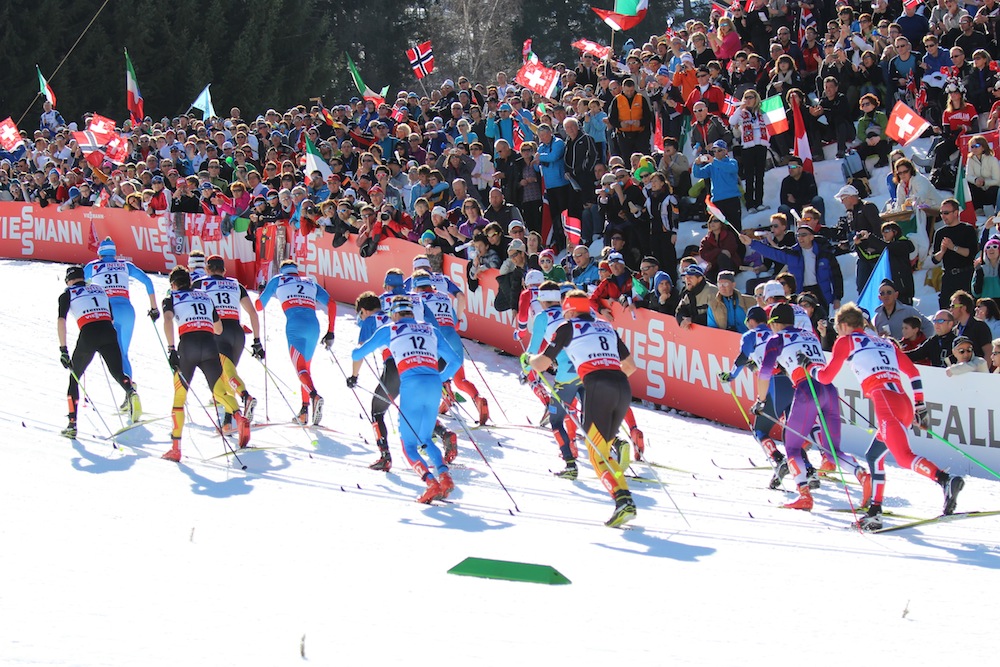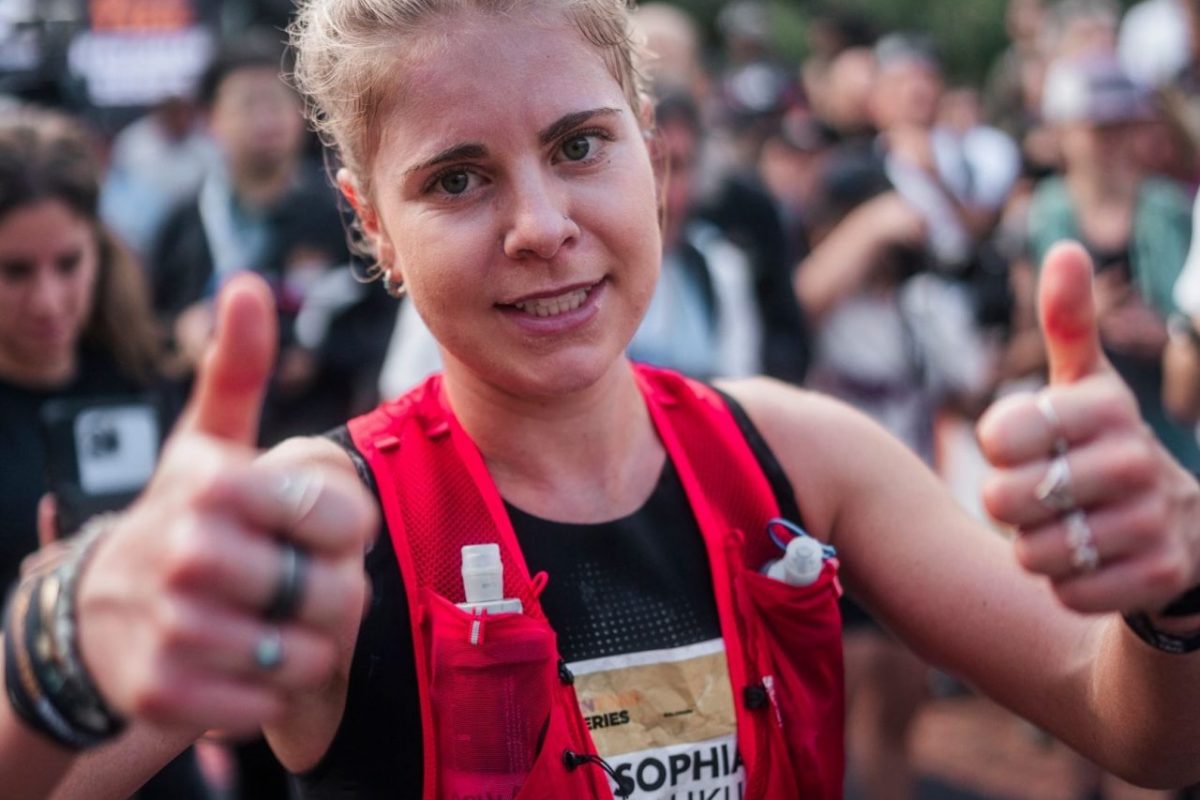
Of all the races to go by the wayside in recent years, the 30/50 k is often missed by longtime fans of the cross-country World Cup. Athletes miss it too, and at the annual International Ski Federation (FIS) Calendar Conference this week in Dubrovnik, Croatia, one of the biggest items on athlete representative Kikkan Randall’s agenda is to propose its return.
“[There is] already a mass start at major championships,” Randall said. “Every athlete says it’s something they want to see. It’s something we keep bringing up and it’s not really a FIS decision, it’s more up to the organizers, but it’s…an idea for the future.”
The spring meetings began on Monday, where the governing body’s priorities are to finalize the 2013/2014 World Cup calendar and begin to think about a schedule for the non-championship year in 2015/2016. A major consideration from FIS Cross-Country Race Director Pierre Mignerey’s perspective is to create a race circuit that builds and retains interest in the sport.
“We have some items to be discussed regarding next winter’s calendar,” he said in a FIS Cross Country press release. “I am convinced we will have a good competition program for the Olympic season. For the next seasons, the task for the Cross-Country Committee is to find an event that would retain the interest in our sport also during the ‘no-title year’ of 2016. We have received proposals for a couple of projects and we will discuss them thoroughly.”
In that vein, Randall will bring another format idea to the table for the future that may be of interest to TV stakeholders: a mixed relay where men and women compete together, as seen on the biathlon World Cup.
Another of the major items on her agenda will be to work on a standard procedure for situations like the athletes and governing body experienced in Falun, Sweden, in March, where skiers at World Cup Finals threatened to boycott the last three races on what they thought was a dangerous course. Last-minute meetings before the first race amongst athletes and between Randall and FIS created a media frenzy at the season-ender. In the future, Randall says, athletes don’t want to resort to such a dramatic measure to get results.
“With the situation we encountered at the end of the season where we had a safety concern, we’re figuring out how we could better work with FIS and have a process in place where we don’t have to threaten to boycott to make something happen in the future,” Randall said.
At the time, Randall said the threatened boycott was the biggest way she’d ever seen her fellow athletes come together on an issue, and the outcome was a groundbreaking example of what such unity could achieve. Overall, Randall says the relationship between FIS and World Cup athletes has evolved since she first became a representative of the Athlete’s Commission to the International Ski Federation in 2009. Randall shared her role with fellow representative Sami Jauhojärvi (FIN) for her first two terms, and she begins her newest one with Norway’s Øystein Pettersen, though Pettersen won’t be present in Croatia.
“We’ve learned a lot as far as our place within FIS over the past few years, so hopefully we can continue to improve upon what we’ve built,” Randall said.
Four years ago the meetings were also in Croatia, and at the time the athlete proposals were more basic, like what requirements should be mandatory at each World Cup venue. The formal network of athletes that Randall now leads was in its infancy then, and where once Randall struggled to get athletes to speak their minds freely, she says communication has now improved between athletes and their governing body.
“Before I came on board there was no athlete involvement at the highest level. So I think on the cross-country side it’s been really positive; the cross-country committee has welcomed the athletes’ involvement,” she said. “We’ve done athlete surveys the last three seasons and we have a network of athlete representatives in each country, so the pathway of communication has improved. We still have a lot to do, but I know the way things work now so we can really start making things happen.”
Audrey Mangan
Audrey Mangan (@audreymangan) is an Associate Editor at FasterSkier and lives in Colorado. She learned to love skiing at home in Western New York.



